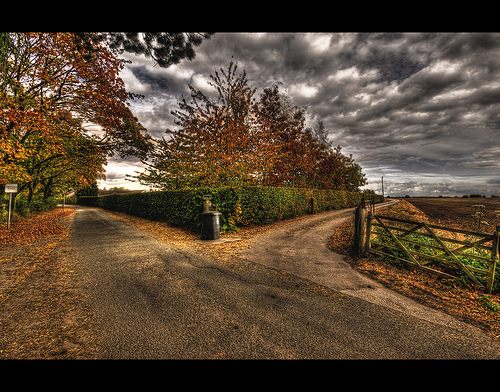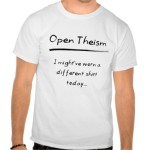We run our website the way we wished the whole internet worked: we provide high quality original content with no ads. We are funded solely by your direct support. Please consider supporting this project.

The God Who Over-Knows The Future
God perfectly knows from all time what will be, what would be, and what may be. He sovereignly sets parameters for all three categories. His knowledge of what might occur leaves him no less prepared for the future than his knowledge of determined aspects of creation. Because he is infinitely intelligent, he does not need to focus his attention on a limited set of possibilities as we do.
In other words, he is able to attend to each one of a trillion billion possibilities, as though it was the only possibility he had to consider. He is infinitely attentive to each and every one. Hence, whatever possibility ends up coming to pass, we may say that from all eternity God was preparing for just this possibility, as though it were the only possibility that could ever possibly occur.
Even when possibilities occur that are objectively improbable—and to this extent surprise or disappoint God—it is not at all the case the he is caught of guard. He is as perfectly prepared for the improbable as he is for the probable.
We humans with our limited intelligence could not as confidently attend to a trillion billion possibilities as easily, and as perfectly, as we could attend to one certainty. Indeed, our focus is divided in half the second we have to attend to two possibilities instead of one certainty. And we humans with our limited wisdom and power could not assure anyone of a certain outcome unless we exhaustively controlled all of the variables.
Hence it is tempting to project our experience upon God and assume that God must face similar difficulties. Those who criticize Open Theism often assume that God (like a finite human) can be assured of ultimate victory only if he controls all the variables. Hence, they criticize a concept of God who is not all-controlling as being out of control.
The open view of the future does not undermine God’s wisdom and sovereign control: it rather infinitely exalts it. In this view God does not know less than the classical view: he knows more. He does not under-know the future, as it were: he over-knows it.
Adapted from Satan and the Problem of Evil, pages 128-130
Image by Bs0u10e0 via Flickr.
Category: General
Tags: God's Sovereignty, Open Theism, Possibility, Providence
Topics: Free Will and the Future
Related Reading

Revelation 13:8 refers to “everyone whose names have not been written before the foundation of the world in the book of life.” How does that square with open theism?
Three possibilities exist in terms of reconciling Revelation 13:8 with open theism. 1) First, the “from the foundation of the world” clause can attach to either “everyone whose names have not been written” or to “the lamb that was slain.” For example, the TNIV translates this passage “All inhabitants of the earth will worship the…

The Future of Theology
Chris Moore via Compfight Roger Olson recently published a blog arguing that there really are no new ideas out there in the realm of theology. Everything has pretty much been thought of or proposed. That idea or book that’s causing such a stir? Rewarmed material that someone else already thought of. So what is there…

How do you respond to Genesis 3:15?
The Lord promises that he will “put enmity between you [the serpent] and the woman, and between your offspring and hers; he will strike your head, and you will strike his heel.” This is commonly considered the first messianic prophecy of the Bible. What a glorious and gracious picture of God we are given here!…

Lighten Up: I’m Not Worried Frank
http://youtu.be/kQFKtI6gn9Y?t=1m19s Well, my dear friend Frank Viola has been spouting off again about how my “logic will be shredded, excoriated, and turned into confetti before a watching world” when we host our debate on Open Theism this fall. I’m not too worried though, since Frank studied the art of debate in the clinic featured in…

How do you respond to Romans 8:29?
“For whom he foreknew he also predestined to be conformed to the image of his Son, in order that he might be the firstborn within a large family.” One of the greatest treasures given to believers when they open their hearts to the Lord is the promise that they shall certainly be “conformed to the…

